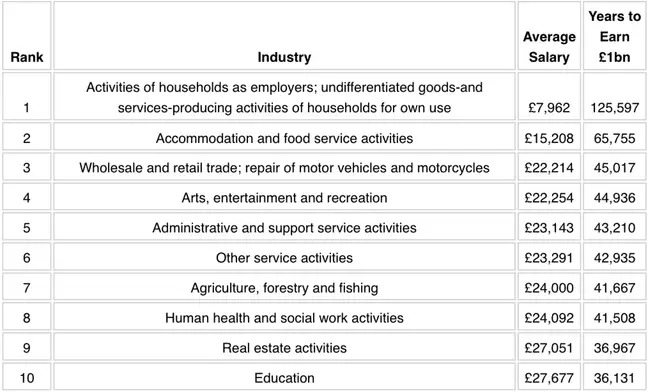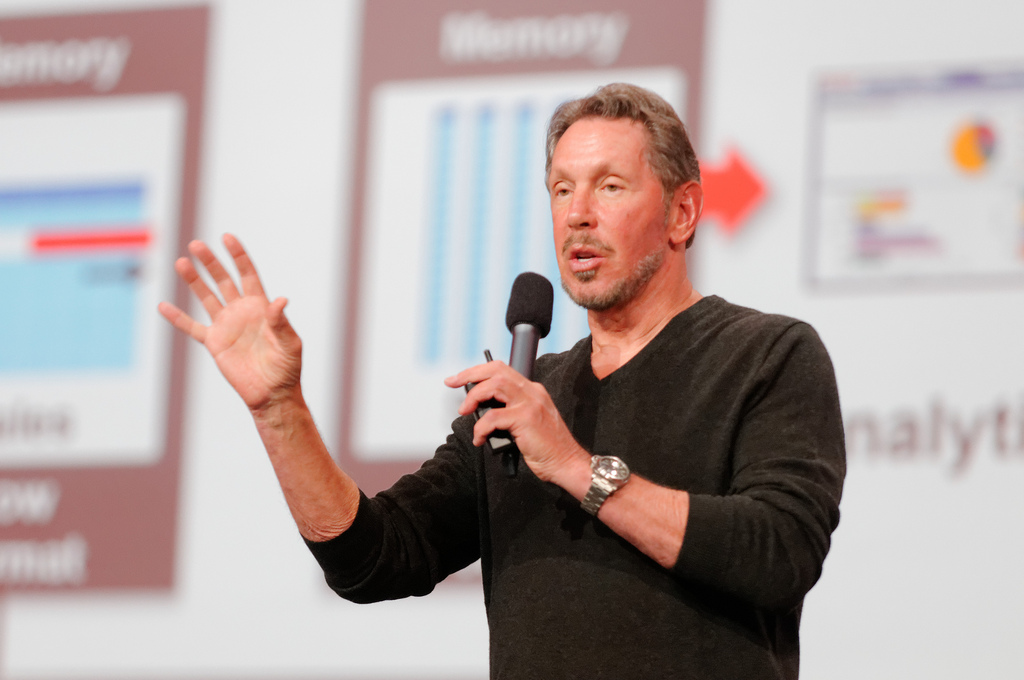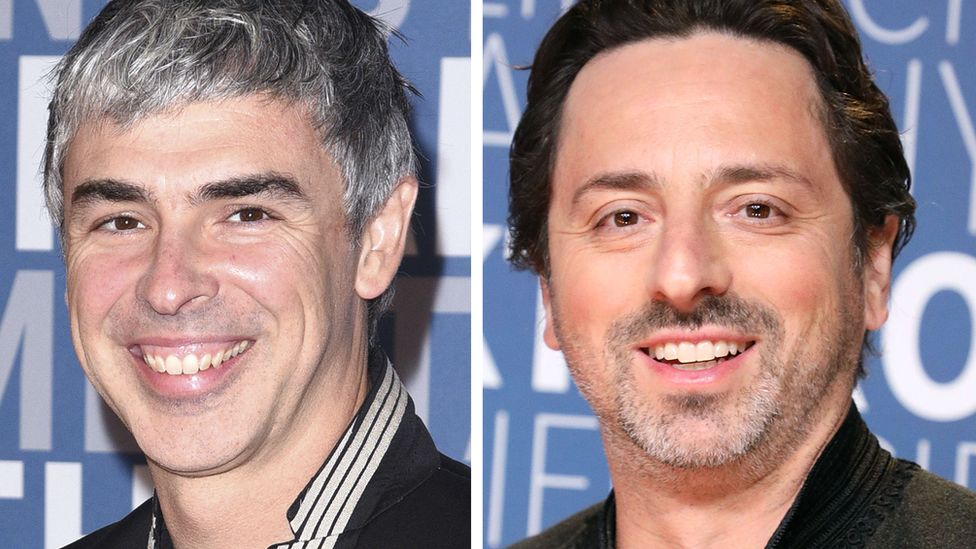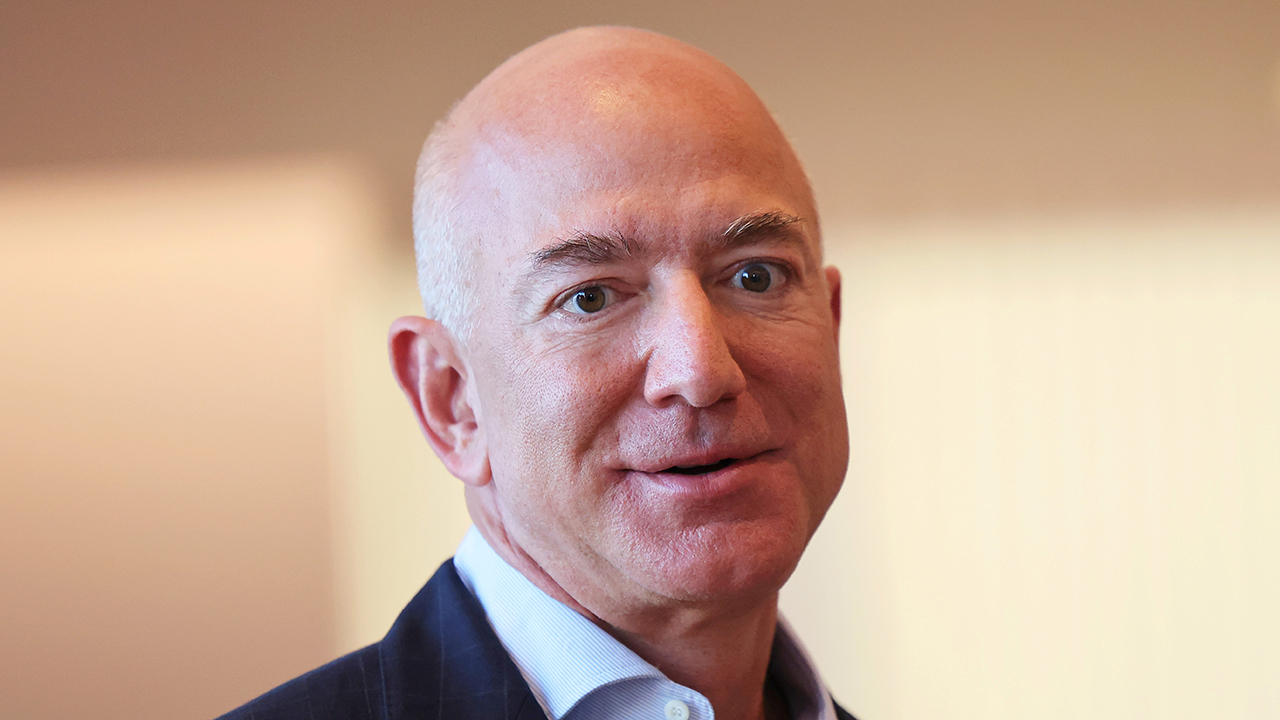How Long Does It Take To Be A Billionaire Based On Your Job?
Discover how long it takes to be a billionaire based on your job. Learn the strategies and life choices that could fast-track your journey.
Author:Xander OddityReviewer:Dr. Felix ChaosphereSep 21, 202324.8K Shares435.3K Views
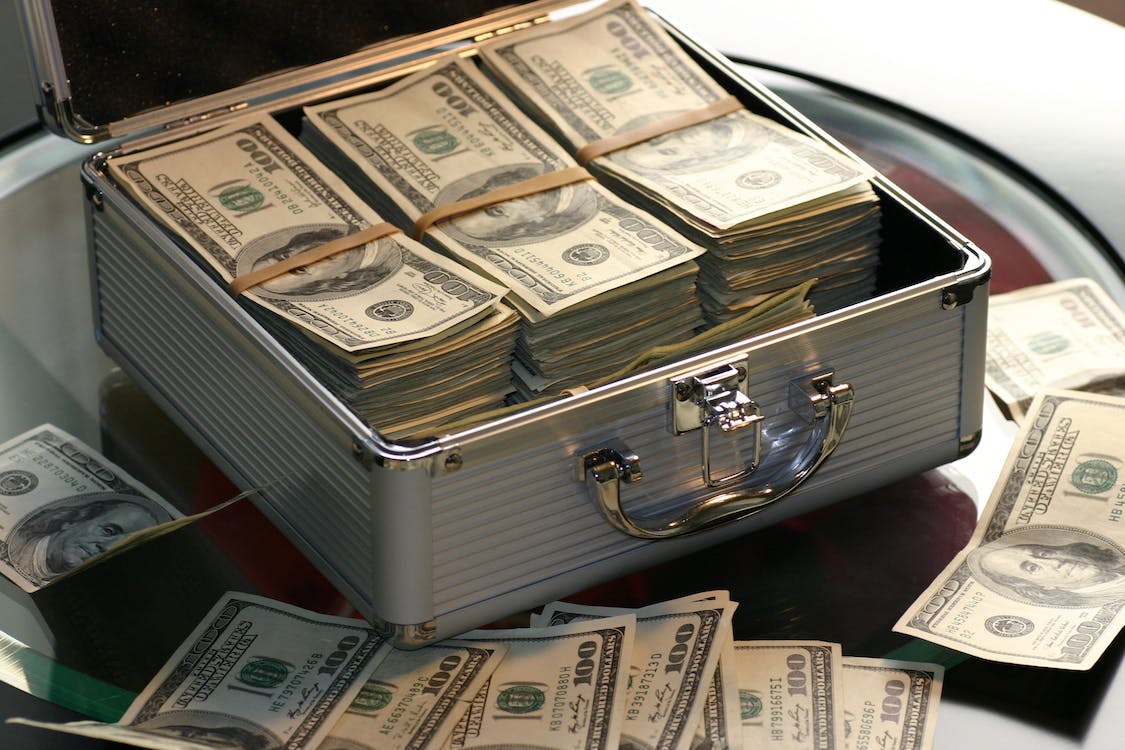
"How long does it take to be a billionaire based on your job?"—this question intrigues many who dream of financial independence. In this article, we'll not only explore this query but also examine the timelines of some of the world's wealthiest people, revealing how they reached billionaire status. Spoiler alert: it's not a one-size-fits-all journey. Stay tuned as we offer actionable dos and don'ts to accelerate your own path to financial success.
The Long Road To A Billion - A Reality Check By Industry
So, how long does it take to be a billionaire based on your job? For many, the aspiration to live a billionaire's lifestyle remains just that—a dream—especially in the current economic landscape characterized by rising costs of living. The notion seems even more remote when we consider that "the richest 1 per cent have bagged nearly twice as much wealth as the rest of the world put together over the past two years."
Yet, the idea is tantalizing enough to make us wonder what it would take to amass a billion pounds, particularly when we look at average salaries in various fields.
In the UK, the average income stands at £27,756 per year. Translated into the daunting reality of numbers, savingevery penny of that salary would still require over 36,000 years to accumulate one billion pounds.
A Study About The Realities By Industry
Experts at Genting Casinorecently conducted a study that shed light on how long it would take people in different sectors to reach the billion-pound milestone. Those in the electricity, gas, steam, and air conditioning supply industry fare slightly better with an average salary of £44,303, but even then, it would take an eye-watering 22,572 years to achieve billionaire status.
Similarly, if you're in the construction industry, earning an average of £33,543 per year, prepare for a nearly 30,000-year journey toward billionaire status. Educators, who earn around £27,677 annually, face a 36,131-year wait. The outlook for artists or those in the entertainmentsector is even bleaker, as their £22,254 average salary would require almost 45,000 years of work to accumulate a billion pounds.
Finally, for those employed in household activities like cleaning, cooking, and gardening, the timeline stretches to a staggering 125,597 years.
The study brings home the point that "while salaries can provide a comfortable living and even substantial savings, accumulation of wealth in the billions typically relies on strategies far beyond regular salaried income."
The astronomical figures might be disheartening for some, but they also put the vastness of a billion pounds into sharp perspective. After all, amassing such an amount involves more than just earning a paycheck; it often requires successful investments, entrepreneurship, or even a good dose of luck.
7 Strategies For Aspiring Billionaires - What To Do And What To Avoid
While understanding how long it takes for some to achieve billionaire status offers valuable insight, it's crucial to also consider the strategies that can increase your likelihood of reaching such a lofty financial goal. Whether you aspire to disrupt an industry or invest wisely, here are seven dos and don'ts for those aiming to join the billionaire ranks.
Here are some Dos:
1. Invent Something New
Inventing may be a high-risk, high-reward strategy, but it can offer monumental returns if successful. Think of James Dyson, who revolutionized the vacuum cleaner market, or Gianfranco Zaccai, who gave the world a better mop with the Swiffer. If you can create, patent, and market a product that meets a widespread need, you're on your way to building significant wealth.
2. Be An Innovator
Innovation involves enhancing an existing market offering in a creative way. Ingvar Kamprad, the founder of IKEA, shook up the furniture market by providing affordable, modular pieces with a modern design. He pinpointed the real needs behind customer demands and found a unique way to meet them.
3. Invest Smartly
Investing requires capital and insight. Billionaire investor Warren Buffett is known for his frugality and strategic investments. If you can develop a keen understanding of which investments offer long-term value, this could be your route to billionaire status.
4. Embrace Entrepreneurship
Entrepreneurship offers a path to immense wealth, especially if you can either develop a game-changing idea or identify such an idea early on for investment. Bill Gates turned his vision for accessible computing into Microsoft, becoming one of the world's richest individuals.
Here are some Don'ts:
5. Don't Assume You Know Everything
The willingness to continually learn and adapt is vital. Once you think you've learned all there is to know, you've essentially capped your potential. Curiosity and open-mindedness are invaluable traits when aiming for extreme financial success.
6. Don't Make Risky, Flashy Investments
While investing in the "next big thing" might be tempting, it's often wiser to focus on sectors with proven, long-term value like real estate, energy, and telecommunications. Steer clear of high-risk investments that promise quick riches but don't offer sustained growth.
7. Don't Give Up
Entrepreneurial success rarely happens overnight. Even if one business venture fails, the next could be your ticket to immense wealth. Patience and perseverance are key; time is your ally if you're aiming for the big bucks.
By understanding these key strategies and avoiding common pitfalls, you improve your odds of achieving the kind of financial success that most only dream of.
The Time It Took For Some Of The World's Richest To Reach Billionaire Status
While it would take millennia for most of us to reach the coveted billionaire status based on our salaries, some of the world's richest people made it to the top much faster. Here's a look at how quickly a few well-known billionaires amassed their fortunes:
Larry Ellison
After founding Oracle, it took Larry Ellison nine years to become a billionaire. Known now not just as a tech titan but also as an international playboy, Ellison is currently worth a staggering $72.4 billion.
Sergey Brin And Larry Page
Google's co-founders, Sergey Brin and Larry Page, took only six years to join the billionaire club. The duo, who were working toward their PhDs at Stanford when they founded Google, have current net worths of $67.5 billion (Brin) and $69.3 billion (Page).
Jeff Bezos
Arguably one of the most famous billionaires, Jeff Bezos nearly set a record for becoming a billionaire the fastest, taking just five years. Bezos left a hedge fund job in New York City to sell books online, which later morphed into Amazon, the world's largest retailer. Today, he's worth an unparalleled $183.1 billion.
Mark Zuckerberg
Mark Zuckerberg might not have finished his Harvard education, but he became a billionaire four years after enrolling. He founded Facebook in his Harvard dorm room and holds a 15% stake in the company, placing him as the seventh-richest person in the world with a net worth of $87.9 billion.
This striking contrast between the paths to wealth for the average worker and these tech moguls highlights the exceptionalism and often, the entrepreneurial spirit, that is common among the world's richest people. It underscores the idea that accumulating such monumental wealth typically relies on much more than a high-salaried job.
Education And The Path To Billionaire Status
The road to billionaire status often involves much more than a hefty paycheck. While salaries can offer a glimpse into what it takes financially to reach this illustrious goal, the educational background of some of the world's billionaires can offer another layer of insight.
Several renowned billionaires have various educational histories, suggesting that there's no one-size-fits-all path to extreme wealth.
For instance, Bill Gates, co-founder of Microsoft, attended an elite college prep school and then enrolled at Harvard University for two years before deciding to drop out. On the other hand, Carlos Slim Helu, once the world's richest person from 2010 to 2013, completed his degree in civil engineering at the National Autonomous University of Mexico.
Differing still, Spanish fashion mogul Amancio Ortega, with a net worth of $68 billion, had to drop out of school at 14 to help support his family. Warren Buffett, another icon of wealth, invested in securities at just 11 years old and later earned a master's degree in economics from Columbia University. Larry Ellison, the founder of Oracle, chose to drop out of college not once, but twice, before venturing into the tech world.
This varied educational background among billionaires shows that elite university degrees may not be a prerequisite for financial success on a grand scale. As of 2017, among the Forbes 400 richest people list, 23 of them had only a high school diploma. These names include not just Gates, but also Mark Zuckerberg and Sean Parker.
As Warren Buffett often points out:
"The best education you can get is investing in yourself. But that doesn't always mean college or university."
This serves as a reminder that while formal education can offer valuable skills and credentials, self-education and real-world experience can be equally crucial on the path to becoming a billionaire.
Key Takeaways
- Bill Gates -Attended an elite college prep school and enrolled at Harvard University for two years before dropping out.
- Carlos Slim Helu - Graduated from the National Autonomous University of Mexico with a degree in civil engineering.
- Amancio Ortega -Dropped out of school at age 14 to find a job and support his family.
- Warren Buffett -Completed his undergraduate degree at the University of Nebraska and earned a master's degree in economics from Columbia University.
- Larry Ellison -Dropped out of college twice before eventually founding Oracle.
These varied educational paths highlight that there's no singular route to achieving billionaire status. From formal education to self-learning, various avenues can lead to extreme wealth.
FAQs
What Is The Average Time It Takes To Become A Millionaire By Profession?
While the timeline varies depending on several factors such as the industry, level of expertise, and opportunities for investment, it can take anywhere from a few years to a lifetime to become a millionaire based on your job. Professions like surgeons, high-level executives, and successful entrepreneurs tend to reach millionaire status more quickly.
Is It Faster To Become A Millionaire Through Investments Or Salary?
Typically, it's faster to become a millionaire through smart investments as opposed to relying solely on a salary. Investing allows for compound interest and passive income, which can substantially speed up the timeline to reach a million dollars.
Do High-Paying Jobs Guarantee Millionaire Status?
While high-paying jobs can offer a more straightforward path to becoming a millionaire, they don't guarantee it. Expenses, debts, and poor financial decisions can all serve as barriers to reaching that milestone, irrespective of salary levels.
What Role Does Education Play In Becoming A Millionaire?
Education can be a significant factor, but it's not the end-all-be-all for millionaire status. As seen with various billionaires, some didn't even complete higher education. The importance of education can also vary by industry; in some cases, practical experience or even a brilliant business idea could outweigh formal schooling.
How Do Lifestyle Choices Affect How Long It Takes To Become A Millionaire?
Lifestyle inflation, which is increasing your spending as your income grows, can significantly extend the time it takes to become a millionaire. Maintaining a modest lifestyle and saving or investing the extra income can speed up the process.
Can Side Hustles Accelerate The Journey To Millionaire Status?
Absolutely. Side hustles not only offer an additional income stream but also provide opportunities for diversification. They can be a quicker way to reach the millionaire milestone when combined with a regular job and wise investments.
What Impact Do Taxes Have On The Speed Of Becoming A Millionaire?
Taxes can significantly affect how quickly you can become a millionaire. High earners are often subject to higher tax brackets, which can take a substantial portion of their income. Smart tax planning, including the use of tax-deferred retirement accounts and taking advantage of available deductions and credits, can help you keep more of your money and reach the millionaire milestone faster.
Conclusion
We've delved into various paths to financial success, from the education levels of billionaires to how quickly some of the world's richest people amassed their fortunes. The key takeaway here is that there is no fixed answer to the question, "How long does it take to be a billionaire based on your job?"
Each individual's journey is nuanced, influenced by factors like education, innovation, and persistence. Whether you're an aspiring inventor, entrepreneur, or investor, remember that the road to wealth is seldom straight but always enlightening.
Jump to

Xander Oddity
Author
Xander Oddity, an eccentric and intrepid news reporter, is a master of unearthing the strange and bizarre. With an insatiable curiosity for the unconventional, Xander ventures into the depths of the unknown, fearlessly pursuing stories that defy conventional explanation. Armed with a vast reservoir of knowledge and experience in the realm of conspiracies, Xander is a seasoned investigator of the extraordinary.
Throughout his illustrious career, Xander has built a reputation for delving into the shadows of secrecy and unraveling the enigmatic. With an unyielding determination and an unwavering belief in the power of the bizarre, Xander strives to shed light on the unexplained and challenge the boundaries of conventional wisdom. In his pursuit of the truth, Xander continues to inspire others to question the world around them and embrace the unexpected.

Dr. Felix Chaosphere
Reviewer
Dr. Felix Chaosphere, a renowned and eccentric psychiatrist, is a master of unraveling the complexities of the human mind. With his wild and untamed hair, he embodies the essence of a brilliant but unconventional thinker. As a sexologist, he fearlessly delves into the depths of human desire and intimacy, unearthing hidden truths and challenging societal norms.
Beyond his professional expertise, Dr. Chaosphere is also a celebrated author, renowned for his provocative and thought-provoking literary works. His written words mirror the enigmatic nature of his persona, inviting readers to explore the labyrinthine corridors of the human psyche.
With his indomitable spirit and insatiable curiosity, Dr. Chaosphere continues to push boundaries, challenging society's preconceived notions and inspiring others to embrace their own inner tumult.
Latest Articles
Popular Articles
